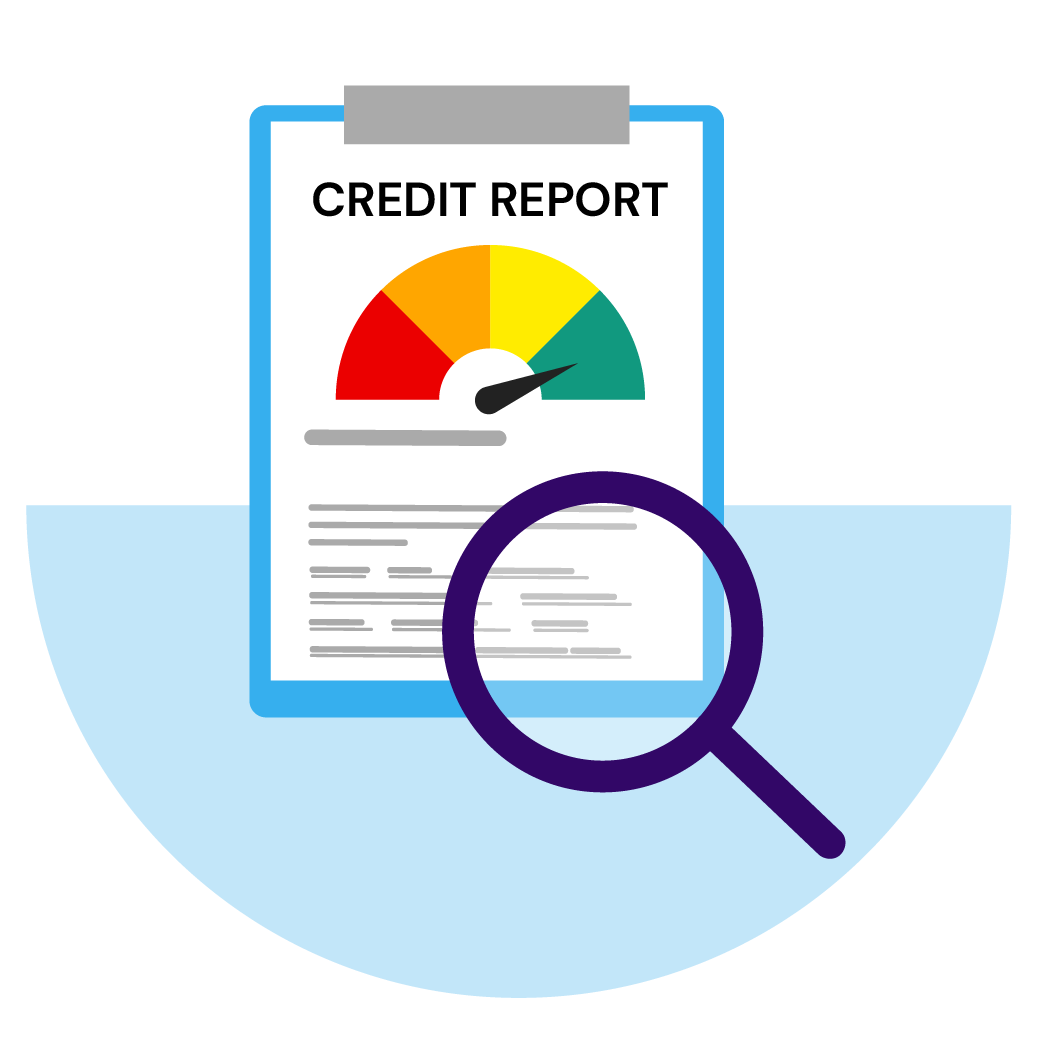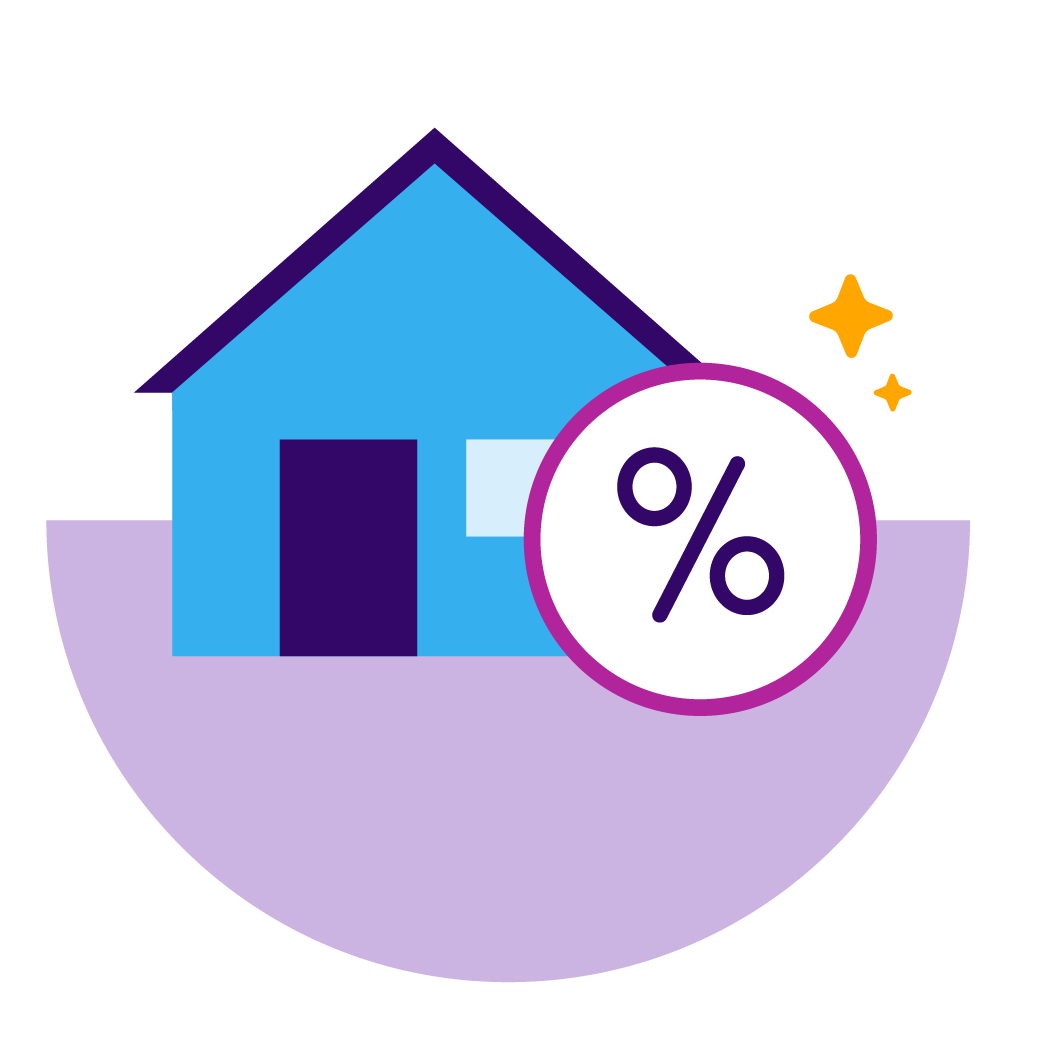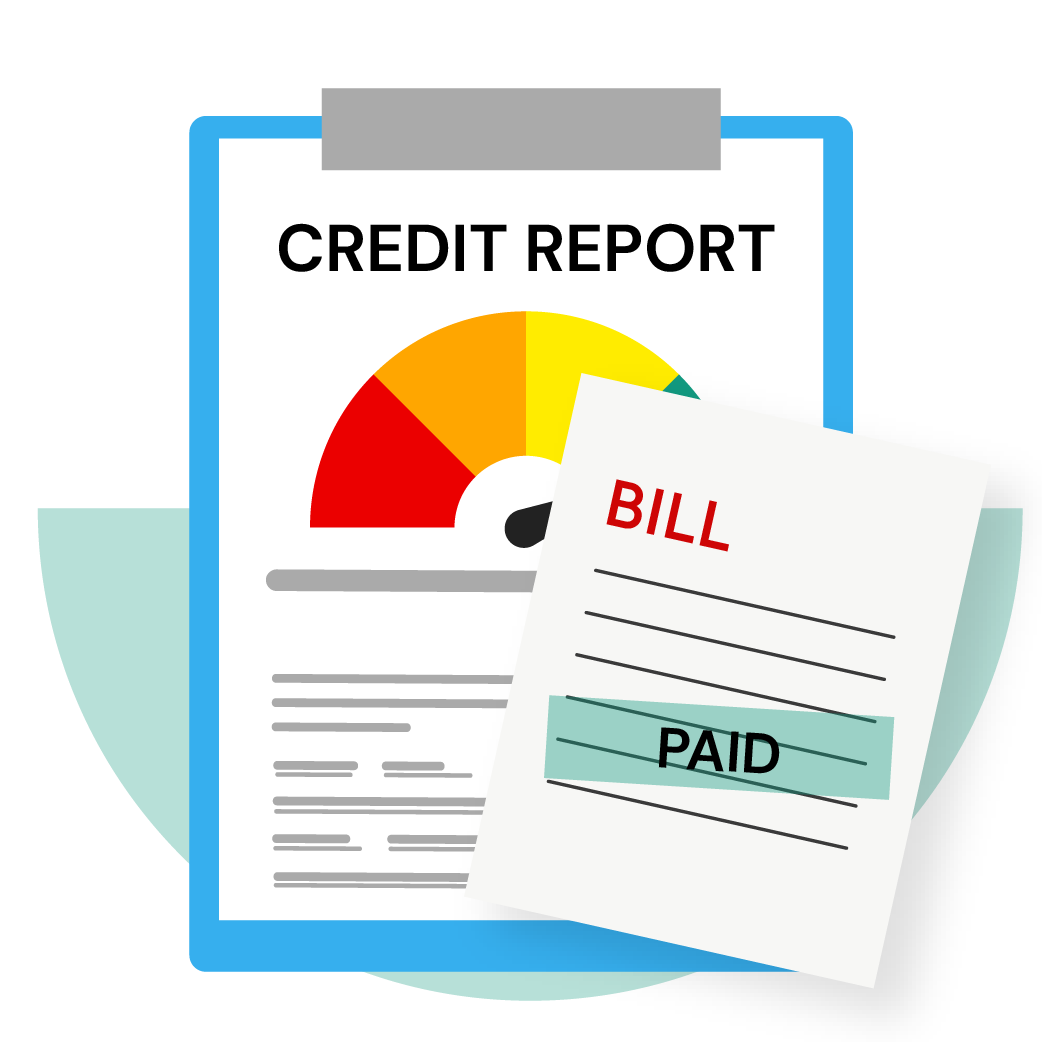February 6, 2025 | by Brian Truong

How Your Credit Score Impacts Mortgage Rates
October 29, 2024
By Brian Truong
When planning to buy a house, preparing your finances is essential. This involves not just saving for a down payment; your credit score also plays a role. A higher credit score can significantly improve your mortgage options because of the way lenders make decisions. Understanding the intricate connection between your credit score and mortgage rates can help you prepare for home ownership. This guide will help you take charge of your credit score's impact on mortgage rates and leverage your creditworthiness for favorable mortgage terms.
The Role of Credit Scores in Mortgage Rates
 Lenders view your credit score as a measure of your financial responsibility. The score itself is a number representing how well you have managed credit and debts in the past. It includes all your recent loans, debts, and credit card accounts, and whether each account is in good standing. This information is used to indicate a borrower's creditworthiness, including your repayment reliability. It's no surprise that it can directly impact the interest rates offered by lenders.
Lenders view your credit score as a measure of your financial responsibility. The score itself is a number representing how well you have managed credit and debts in the past. It includes all your recent loans, debts, and credit card accounts, and whether each account is in good standing. This information is used to indicate a borrower's creditworthiness, including your repayment reliability. It's no surprise that it can directly impact the interest rates offered by lenders.
Your credit score plays a pivotal role in determining mortgage availability and rates. Lenders tend to use it as a tool for risk assessment and home loan pricing. So, the quality of the mortgage you receive can depend heavily on your credit score.
Grasping Credit Score Fundamentals
 Understanding the basics of your credit score can help you take charge of that number and raise it for your benefit.
Understanding the basics of your credit score can help you take charge of that number and raise it for your benefit.
How Credit Scores Are Calculated
Your FICO credit score is calculated using five fundamental elements:
- 35% of your credit score is your payment history
- 30% is the total amount of money you owe
- 15% is the length of your credit history
- 10% is your blend of credit types (ex: loans, credit cards, lines of credit)
- 10% can be impacted by new credit cards and hard credit checks.
The three credit bureaus rate your score slightly differently using slightly different formulas. Specialized credit scores that show up on specific credit check types can also emphasize different aspects of the calculation.
Credit Score Ranges
Your credit score can be used to determine certain opportunities like borrowing capacity, job offers, rental options, and more. Credit scores range from 200 to 800 and can be sorted based on numerical range.
- 800> Exceptional - The best credit score opens all the doors
- 740 - 799 Very Good - A high credit score will make it easier to get approved at better rates.
- 670 - 739 Good - Acceptable credit score, reasonably low-risk for lenders
- 580 - 669 Fair - Subprime credit score, may see less favorable rates but will be offered loans
- 300< Poor - Low credit rate, seen as high risk by lenders and will get the worst loan offers
Check Your Credit
Once a year you can get a free full credit report from each of the credit bureaus. You can request all three at once or space them throughout the year. This will give you insights on your credit health and how to take steps to improve. The three credit bureaus are
- Equifax
- Experian
- Transunion
Impact of Credit Scores on Mortgage Rate Offers
 So, how does your credit score influence the mortgages and rates you are offered?
So, how does your credit score influence the mortgages and rates you are offered?
If you have a higher credit score (670+) then almost all lenders who provide mortgages will be ready to offer you a loan. You will also see more favorable interest rates, as you will be viewed as a low-risk client. Lower interest rates reduce the overall cost of your home and increase the speed at which you gain equity with each payment.
If you have a lower credit score (669<) then you may lose opportunities with some lenders. Those lenders who will offer you a mortgage will include a higher interest rate, increasing the cost and non-equity payments necessary to buy a home.
This is why raising your credit score is essential before starting to shop around for mortgages.
Minimum Credit Score Requirements for Preferred Rates
 Preferred mortgage rates are special rates offered by specific lenders like the FHA or USDA. Each lender has a minimum credit score to qualify for these special preferred mortgage rate programs. That minimum credit score is usually 620 or 640 and higher. There may also be other eligibility criteria, such as buying your first home, buying a primary residence, buying a home in a rural location, being a veteran, and so on.
Preferred mortgage rates are special rates offered by specific lenders like the FHA or USDA. Each lender has a minimum credit score to qualify for these special preferred mortgage rate programs. That minimum credit score is usually 620 or 640 and higher. There may also be other eligibility criteria, such as buying your first home, buying a primary residence, buying a home in a rural location, being a veteran, and so on.
Reaching and exceeding the minimum credit score requirements can unlock your access to more competitive and desirable mortgage rates and more favorable loan terms for your home purchase.
Strategies to Improve Credit Scores for Better Rates
 The good news is there are many ways to raise your credit score and improve your prospects for favorable mortgage rates and terms.
The good news is there are many ways to raise your credit score and improve your prospects for favorable mortgage rates and terms.
- Pay off small debts until they disappear
- Reduce the size of large debts
- Renegotiate debts for better repayment terms
- Consolidate high-interest debt into a standard loan
- Correct any credit report mistakes
- Have old "zombie" debts removed from your record
- Reduce your total "credit utilization" rating
-
Pay for monthly expenses with a credit card, then pay the card in full each month
-
Take out small loans and use store cards to increase controlled credit diversity
Responsible credit management skills can help you achieve the long-term benefits of sustained credit score improvement.
Preparing Your Credit for Mortgage Rate Negotiations
 Before you start applying for a mortgage, make sure your credit report is in top condition. Get the full report from each credit bureau and correct any mistakes or outdated debt records. Optimize your credit utilization and ensure your credit score is where you want it to be (over 620 minimum, ideally over 740) when you're ready to start the mortgage search.
Before you start applying for a mortgage, make sure your credit report is in top condition. Get the full report from each credit bureau and correct any mistakes or outdated debt records. Optimize your credit utilization and ensure your credit score is where you want it to be (over 620 minimum, ideally over 740) when you're ready to start the mortgage search.
Pursue pre-approved mortgages to demonstrate creditworthiness and open the doors to negotiating favorable mortgage rates.
Sustaining Credit Health for Long-Term Rate Benefits
Building your credit score to buy a house is a smart strategy. But there are also long-term benefits from sustaining good credit health over time. Ongoing credit health maintenance can help you secure enduring benefits of favorable mortgage rates throughout the loan terms, in addition to other opportunities that come with a high credit score.
Use tools like proactive credit monitoring, theft detection, and credit score preservation to safeguard your financial interests.
Prepare Your Credit Score for a Mortgage
There is an important relationship between credit scores and mortgage rates. If you are preparing your finances for homeownership and planned affordability, getting your credit score in shape is the first step. Embark on a proactive credit management journey, leveraging your creditworthiness to secure optimal mortgage rates and unlock the full spectrum of homeownership opportunities.
Related Topics
Brian Truong was born in Canada (cool, eh?) and grew up in Sugar Land, Texas. Brian has over 12 years of SEO and marketing experience in a wide array of industries, including finance and real estate. When he’s not flexing his SEO and web development superpowers, he enjoys video games, anime, horror movies, and spending time with his cat, Chi.
Related articles you might like
December 23, 2024 | by Brian Truong
Budgeting 101: Comparing Fixed and Variable Costs
December 12, 2024 | by Brian Truong






